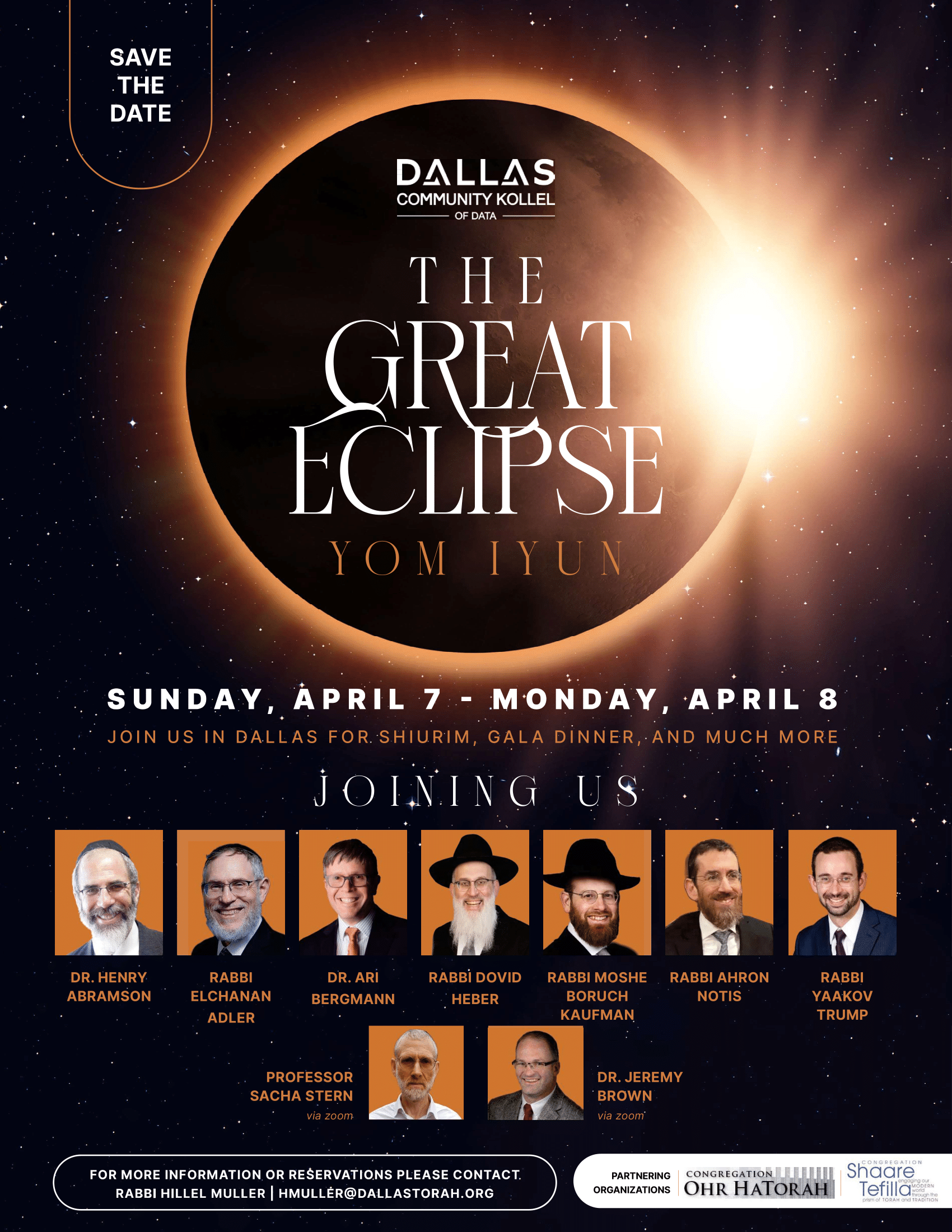Great question!! I would wager many, many Jews have the same question but never had the “chutzpah” to ask it! Thanks for sharing your thoughts.
I would like to offer you some insight on this matter:
Time, unlike its meaning in the secular world, is not a continuum (it doesn’t travel in a straight line). The concept of time in Judaism is more like a circle.
We, the Jewish people, travel through time – around that circle – a circle which takes an entire year to traverse its circumference. There are approximately 365 points, or dates, on that circle, which we call days.
Whenever the Almighty revealed Himself to the Jewish people through a miraculous event on a particular date in history, for example when He took us out of Egypt, that date became a point of light, of illumination on the circle of time. That particular point of light is what we refer to as the holiday of Passover.
The same is true for every point of revelation in our history, such as the day God spoke to the Jewish people at Sinai. That day became a point of great illumination on the circle of time which we call Shavuos.
Our belief is that every time we traverse that circle, the same intensity of illumination that was revealed at that time continues to shine when we arrive at that date on the circle. If one would tap into it through careful study, contemplation and meditation, any Jew could actual experience the same feelings of joy, ecstasy and revelation that the Jewish people felt when it actually occurred so long ago.
We learn from this that a Jewish holiday is not just something we do or observe; rather it’s an opportunity to open a window on the past. We can climb into that window and connect to a world beyond the world we live in, like a time machine connecting us to the past, bringing its spiritual energy back into the world in which we live.
The Talmud explains that when the miracle of Chanukah occurred the sages did not, in fact, enact the holiday of Chanukah that very year. Rather they waited until the following year to establish it as a holiday for all time. Why would they wait a year rather than establishing it immediately?
The answer is, Chanukah is not a holiday written in the Torah. It was not a time that God openly revealed His countenance before the entire nation like the holidays of Passover and Shavuos. It was rather what is known as a “hidden miracle”, in comparison to the splitting of the sea and the like.
In order for it to become a holiday for eternity it needed to be proven that this 8-day period had indeed become a “point on the circle”, a time of illumination which can be felt by those who tune into its power and energy. The rabbis at that time needed to delay their decision until the following year to test the date and see if they could discern its holiness, it’s illumination. The following year, when they indeed felt the holiness and illumination the Jews had felt at the time of the miracle the year before, they then established it as a holiday; a day of rejoicing for all time. They intuited that Chanukah is indeed a period in which Jews could tap into that illumination, bringing with it joy, learning its timeless messages of trust, hope and belief forever!
A joyous Chanukkah to all!
Sincerely,
Rabbi Yerachmiel Fried


